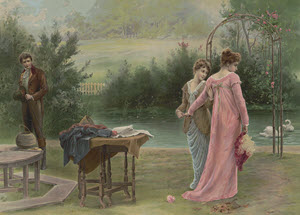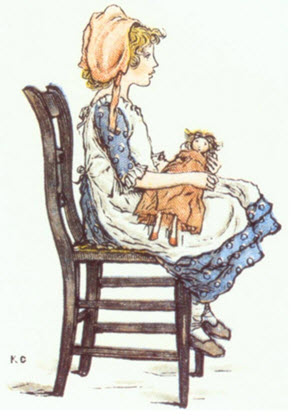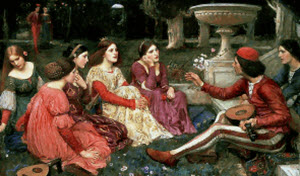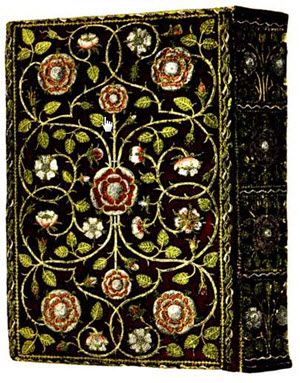EDGAR ALLAN POE - Part 21
In New York Poe had every kind of success but that to which as an industrious writer he was most entitled,-reasonable prosperity. A letter to Lowell about the biographical sketch of Poe which Lowell was to furnish to Graham's Magazine shows that six of Poe's tales were in the hands of publishers, unpaid for. During this year Poe was ill, and his wife's illness was no doubt aggravated by their poverty. In the fall he found employment on the Evening Mirror, edited by K P. Willis.
Willis says that Poe did steadily and patiently all kinds of editorial work from, mechanical paragraphing to literary re views. One of his reviews is that of Miss Barrett (Mrs. Browning). Mrs. Browning testified to Poe's conscientious workmanship by saying, "The reviewer has so obviously and thoroughly read my poems as to be a wonder among critics. 77
At the beginning of 1845 Poe published "The Raven," which made a sensation in America and later in Eng land and France. "The Raven" and "Annabel Lee" have been abundantly parodied. In a way this is a test of their distinction. "No one with serious or mocking intention can try these rhythms without reminding the whole English-speaking race of Poe. Personally, I can not read "The Raven" without more than ever liking Calverley, and I enjoy the spectacle of one English magazine ascribing to Poe Mr. James Whitcomb Biley's "Leonainie," about the time that another English magazine asks superciliously, "Who is Biley?" But Poe's rhythms and word arrangements have stamped themselves forever upon the ear of his race; they have marked out for him a little realm of wonder verse where no other poet can enter without a challenge from the original occupant. The same persons will be haunted by "The Raven" and all Poe's best poems who respond to the divine insanities of Blake, the sometimes hollow enchantments of Mr. Swinburne, and who are fain to worship the painted lady leaning out from Rossetti's painted heaven. For the rest, as Neal said, "Why waste words upon them?"
Poe tempted his new popularity by lecturing. His subject was poetry. He was developing those theories of criticism and verse structure which are valuable because an artist's comment on his craft is always valuable, and also because Poe's ideas on verse are true and complete. Many of his scientific and philosophical ideas have been rendered obsolete, like many of the dearest prose convictions of poets. But most essays on the science of prosody have been put forth by grammarians who could not make a line of verse, by scholars in Greek and Latin who could not read Horace out loud and make him sound like a poet. Poe once for all set down the aural facts of prosody, and phrased the truth that poetry is simply, line for line, beautiful sounds which convey interesting ideas. When his dictum that a long poem is a contradiction of terms is brought up against the schemes of other philosophic critics whereby the epic is the great thing because of its religious scope, and "Hamlet, 77 as a whole, is greater than its parts, we find that as a matter of experience we like epics for their lovely passages. "Hamlet, 77 as a whole, is a melodrama, but in pieces is a series of fine poems, and has so been remembered and enjoyed by readers of poetry. Whether Poe's ideas be true or not, they are beautifully and convincingly phrased. They were most necessary in an age of tuneless bards, of metrical religiosity which passed for having the spirit of poetry because it praised God.




